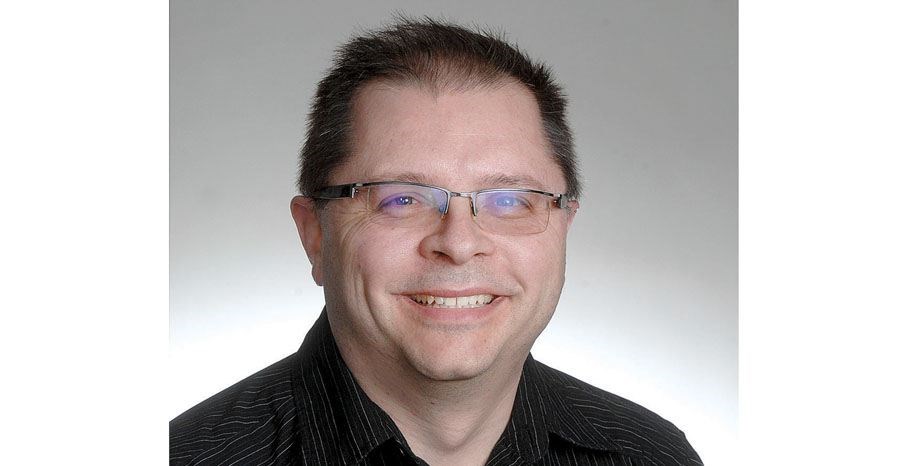May the odds be ever in your favour.
The Hunger Games may be a popular trilogy of books for young readers, adapted into four movies that made a zillion dollars, but they are also an invitation to revolution, disguised as entertainment.
On one hand, author Suzanne Collins wrote standard dystopian fare about oppressive societies and the defiant teenagers that have arrived to turn things around, led by her heroine Katniss Everdeen. Yet there's a strong case to be made that Collins is writing about a violent rebellion by the poor, subjugated masses against their rich oppressors.
For those wanting to look past the popcorn movies and the books for kids, the Hunger Games poses difficult questions about wealth, poverty, power and inequality.
Poverty is a real and visible phenomenon in the local schools where well-used copies of the Hunger Games trilogy are passed around. According to a provincial report released earlier this week, 18 per cent of youth under the age of 17 in Prince George live in poverty. For kids under five years old, it's 21 per cent and if those pre-school kids are in a single parent home, half of them are living below the poverty line.
The odds are definitely not in their favour.
These children show up to school dirty, hungry, exhausted and in clothing that won't keep them warm on days like Thursday.
Various government programs and earnest political pledges have all picked at the problem of poverty with limited success. Food banks and Christmas hampers and granola bars for the kids that show up to class with grumbling bellies only address the symptoms.
"All we're doing right now is enabling people to live within poverty," former School District 57 trustee Betty Bekkering said. "We're not helping them out of poverty."
The cause of poverty is an uncomfortable conversation for many Canadians to have because it can't be had without putting class and income inequality, two verboten topics, on the table.
Everyone likes to say they're middle class. Low-income earners are as reluctant to declare being poor as high-income earners are to admit being rich.
The top 10 per cent of wage-earners, individuals and families, in Canada brought in 23.7 per cent of the total national after-tax income, according to the 2013 Canadian Income
Survey released by Statistics Canada this summer. The lowest 10 per cent of wage-earners made just 2.5 per cent of the national total. The bottom 40 per cent accounted for just 19.8 per cent of total income, meaning that the top 10 per cent brought in significantly more overall than nearly half of the wage-earning population.
In Prince George, if you live in a home that cost between $200,000 and $300,000, you are middle class. If your after-tax income is somewhere around $40,000 (individual) and $75,000 (couple), you are middle class. If you take home $30,000 or more per year than the previous figures, you are upper class. If you have the net worth and/or the bank would happily provide a mortgage for you to buy a $450,000 home, you are upper class.
These distinctions make the upper class defensive. Cries of "I earn it," "I work hard for it," "I volunteer," and "I give to charity" are heard. Turn defensive into indignant by demanding the upper class pay more property tax on their upper-class homes and pay more income tax on their upper-class wages. Now it's cries of "that's my money" and "I pay enough tax."
From there, it's a short leap to blaming poverty on the poor, the freeloaders and welfare bums waiting for their handouts. Just don't look at the three-car garage, the semi-annual trips to Vegas and Mexico, the cabin, the boat, the snowmobile, the bank account and the pay stub.
If the bottom 40 per cent of wage earners paid little or no tax of any kind and the top 40 per cent of wage earners paid 90 per cent of all taxes (with the top 10 per cent paying 40 per cent by themselves), the rich would still be rich but the poor would be less poor and far fewer kids would be growing up in poverty. This suggestion is not socialist or anti-wealthy or anti-capitalist. It is anti-poverty and it removes only a few of the gross fiscal injustices of the modern global marketplace economy.
The rich and powerful have the economic and political means to address poverty and income inequality. They need only consult a history book or the Hunger Games to see what happens if they don't in a meaningful way.
The odds are in their favour, but they don't stay that way forever.



